10 Mind-Blowing Applications Of Artificial Intelligence
Published 17 November 2023
Technologies
By Elite Digital Team
In the ever-evolving landscape of technology, Artificial Intelligence (AI) has emerged as a revolutionary force, reshaping industries and transforming the way we live and work. This cutting-edge technology is not just limited to science fiction; it has become an integral part of our daily lives.
1: Healthcare Revolution:
One of the most promising applications of AI lies in the healthcare sector. From personalized medicine to disease diagnosis, AI is making significant strides in improving patient outcomes. Machine learning algorithms analyze vast amounts of medical data to identify patterns and predict diseases with unprecedented accuracy. Additionally, AI-powered robotic surgeries are enhancing precision and reducing recovery times, marking a new era in medical interventions.

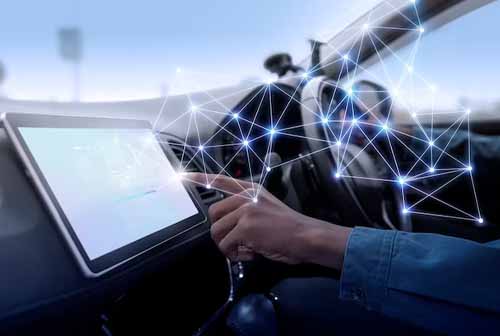
2: Autonomous Vehicles:
The automotive industry is on the verge of a major transformation with the integration of AI into vehicles. Autonomous driving technology relies heavily on AI algorithms for real-time decision-making, object detection, and navigation. Companies like Tesla, Waymo, and Uber are leading the way in developing self-driving cars, promising a future where transportation is not only safer but also more efficient.
3: Financial Intelligence:
AI is reshaping the financial sector by providing sophisticated tools for fraud detection, risk management, and algorithmic trading. Machine learning algorithms analyse vast datasets to identify unusual patterns and detect fraudulent activities in real-time. AI-driven chatbots are also being employed for customer service, offering personalized financial advice and assistance.

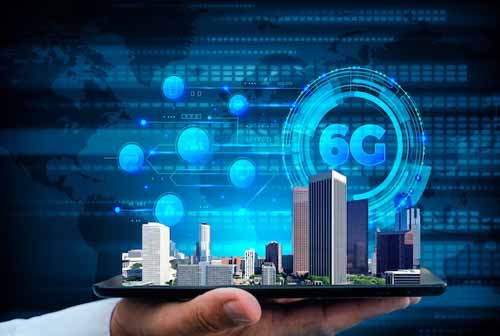
4: Smart Cities for a Smarter Future:
The concept of smart cities is gaining momentum, thanks to AI. From traffic management to energy consumption optimization, AI is playing a crucial role in making urban areas more efficient and sustainable. Predictive analytics, coupled with IoT devices, enables city planners to anticipate and respond to various challenges, such as traffic congestion, energy waste, and environmental issues.
5: EduTech Transformation:
Artificial Intelligence is revolutionizing the education sector by providing personalized learning experiences. AI-powered educational platforms analyze individual student performance and adapt content to cater to their specific needs. Virtual tutors and chatbots assist students in their learning journey, making education more accessible and engaging.
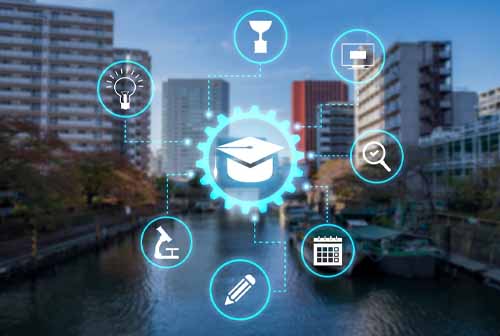
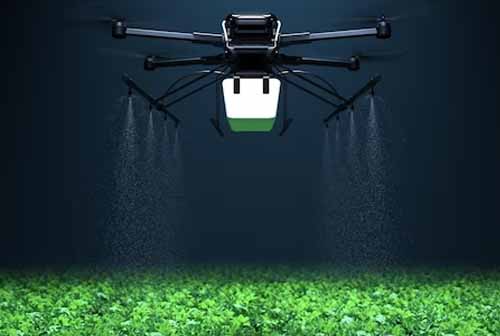
6: Precision Agriculture:
In the realm of agriculture, AI is driving a new era of efficiency and sustainability. Farmers can leverage AI to analyze data from sensors, satellites, and drones to make informed decisions about crop management. Machine learning algorithms can predict crop yields, optimize irrigation schedules, and identify potential diseases, leading to increased productivity and reduced environmental impact.
7: Entertainment Industry Transformation:
AI has significantly impacted the entertainment industry, influencing content creation, recommendation systems, and even virtual reality experiences. Streaming platforms like Netflix and Spotify use AI algorithms to analyze user preferences and provide personalized content recommendations. Additionally, AI is being used to generate realistic computer-generated imagery (CGI) in movies and video games, blurring the lines between reality and fiction.


8: Human Resource Evolution:
The role of AI in human resources has evolved beyond traditional hiring processes. AI algorithms are now used for resume screening, candidate matching, and even predicting employee turnover. Chatbots and virtual assistants streamline HR operations, providing employees with instant support and improving overall workforce efficiency.
9: Environmental Conservation:
AI is becoming a powerful ally in the fight against climate change. From monitoring deforestation and tracking wildlife to predicting natural disasters, AI technologies are invaluable in environmental conservation efforts. Machine learning models analyze environmental data to provide insights that aid researchers and policymakers in making informed decisions to protect our planet.
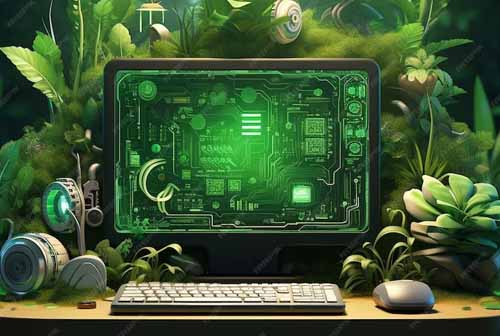
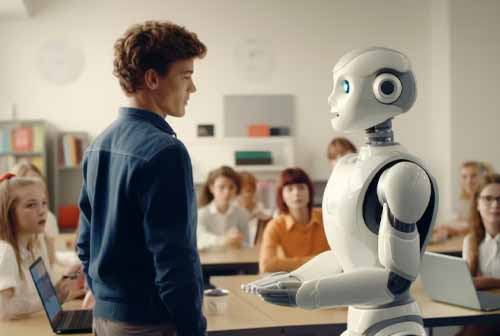
10: Language Translation and Understanding:
Language barriers are gradually fading away, thanks to AI-powered language translation tools. Real-time translation applications, such as Google Translate, utilize deep learning algorithms to understand and translate spoken or written words across multiple languages. This breakthrough in natural language processing is fostering global communication and collaboration.
Conclusion
As we stand on the cusp of a new technological era, the applications of Artificial Intelligence continue to expand and redefine our world. From revolutionizing healthcare to transforming entertainment and shaping the future of transportation, AI is undoubtedly a force to be reckoned with. Embracing these mind-blowing applications of AI opens up endless possibilities, paving the way for a smarter, more connected, and innovative future. As we navigate this AI-powered landscape, the key lies in responsible and ethical development to ensure that these technologies benefit humanity as a whole. The journey of AI has just begun, and the possibilities are limited only by our imagination.
However, we should not blindly trust AI as an only solution but should be approached with caution as it is best utilised as a valuable reference tool rather than a sole source of information. Emphasising critical thinking and comprehensive study methods remains crucial for a thorough understanding of the subject matter.
Read More: Animation and motion design
Share this article :
[DISPLAY_ULTIMATE_SOCIAL_ICONS]

